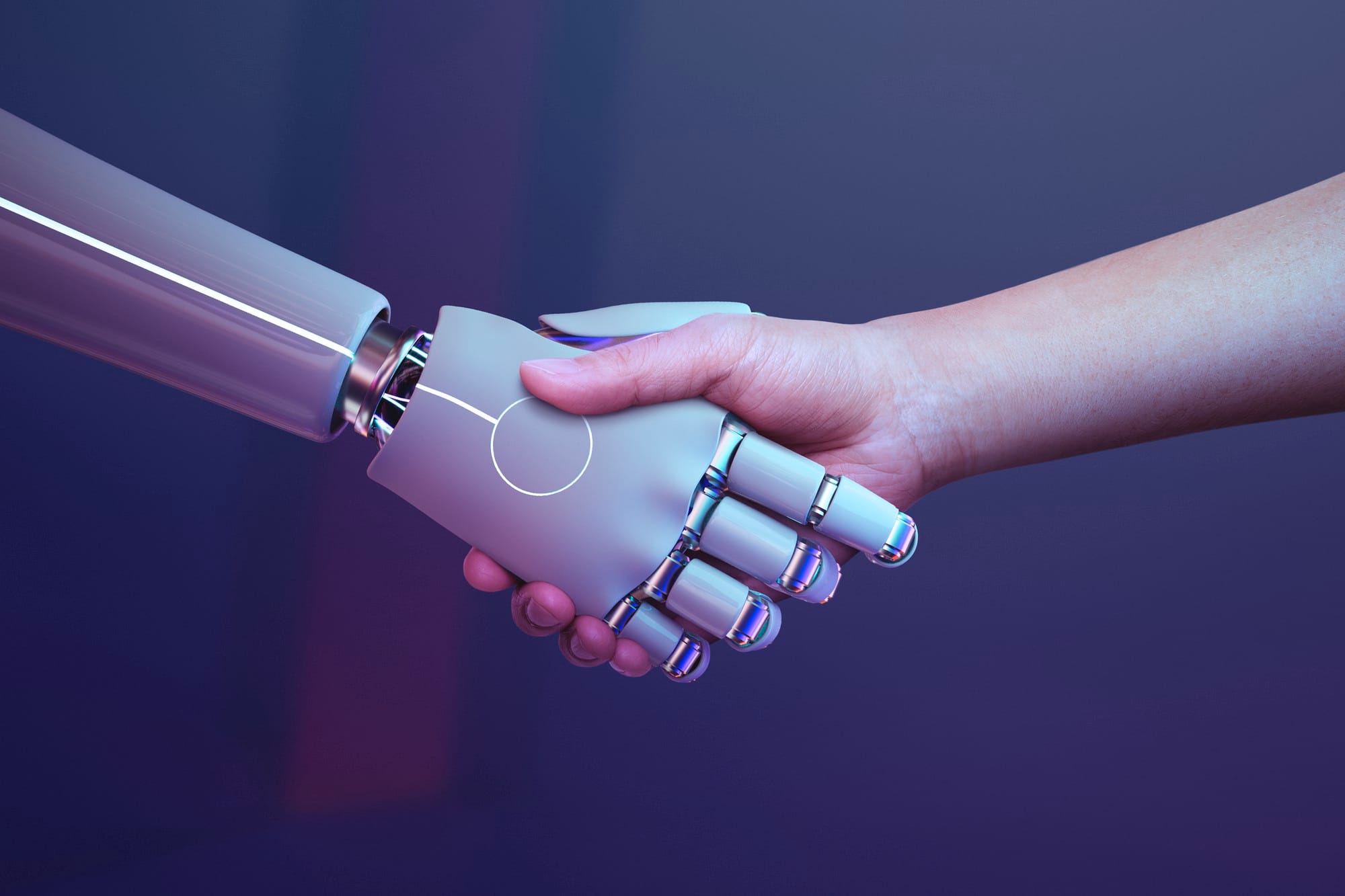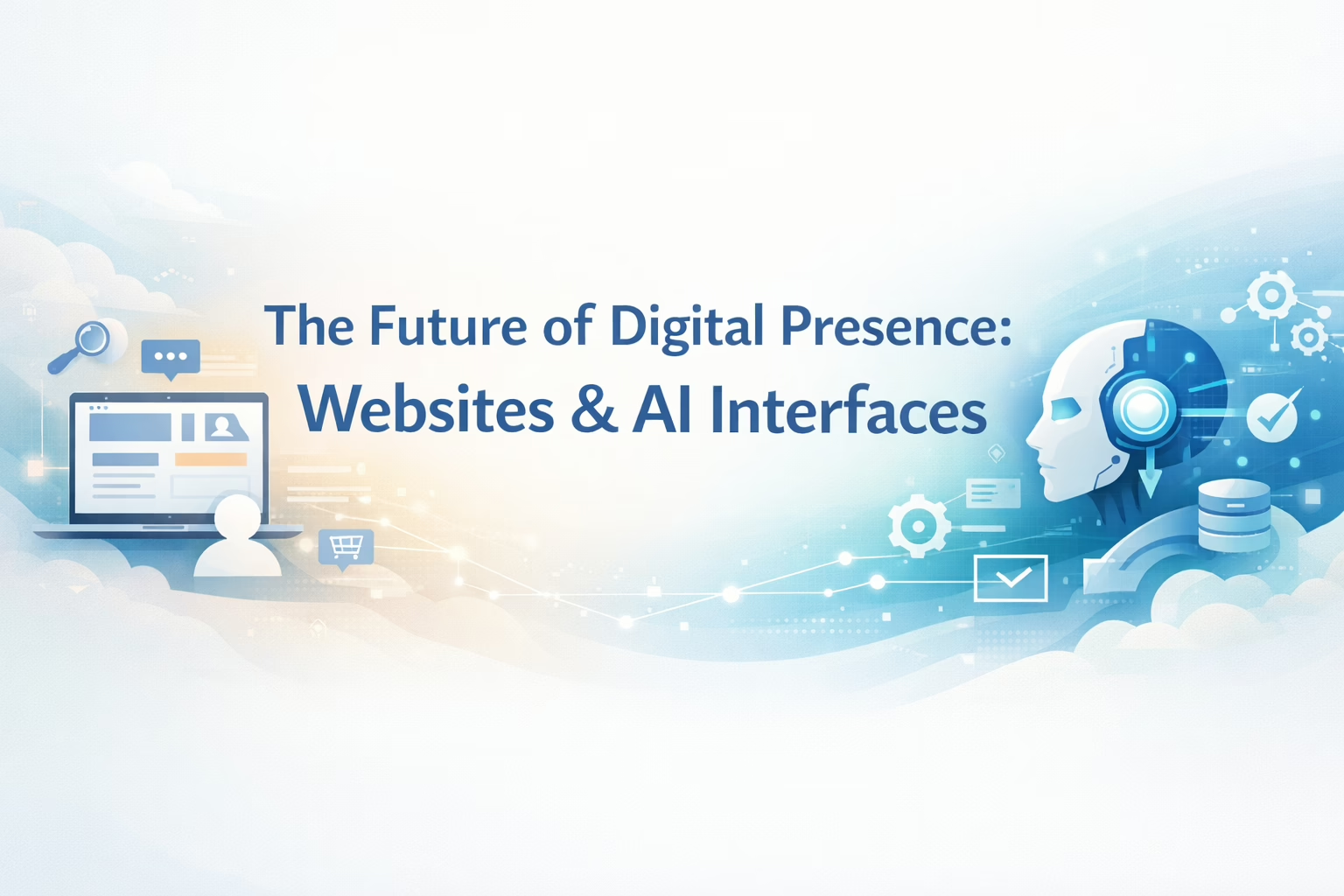Artificial intelligence (AI) has completely changed how software developers create and maintain programs. It enhances efficiency, improves quality, and personalized experience, and also supports various aspects of the development cycle. The following are some major arguments for the significance of AI in software development:
Efficiency and Automation:
AI-based technologies, such as machine learning and natural language processing, automate repetitive and boring software development processes. This covers the methods for creating code, testing it, finding bugs, and deploying it. AI increases efficiency, decreases human error, and frees up engineers to work on more intricate and innovative elements. Thus automating the processes of software development.
Making Sensible Decisions:
AI systems can analyze huge amounts of data and draw insightful conclusions from them. This feature enables programmers to use patterns, trends, and forecasts gleaned from the data to make well-informed judgments. The usage of AI-powered analytics tools may help developers optimize their programs by seeing possible performance snags, security holes, and user behavior trends.
User Experience Enhancement:
- AI-driven solutions have the potential to greatly enhance how users interact with software programs. Natural language processing makes voice-activated interfaces and chatbots possible, enhancing user interactions to be more natural and engaging. Based on user choices and behavior, recommendation engines driven by artificial intelligence may offer personalized content and suggestions. Software products with these improvements are more interesting and user-friendly.
- Checking for bugs and Quality Assurance: AI can help in the bug, vulnerability, and anomaly detection processes in software development. Machine learning algorithms can analyze code repositories and identify bug-prone patterns in the code. They can also provide suggestions for enhancements or generate code snippets. AI-powered technologies enable the automation of software application testing. This leads to thorough test coverage and faster detection of flaws.
- Predictive maintenance: It may be made possible in software systems by AI, which is crucial for complicated and vital applications. Artificial intelligence (AI) algorithms can predict system breakdowns and performance deterioration by analyzing real-time data. Reduce downtime, allocate resources more efficiently, and boost system dependability with this proactive strategy.
- Continuous Improvement: AI may help processes for developing software remain constantly improved. AI algorithms may assist programmers in developing data-driven decisions for upcoming projects by analyzing previous data to uncover patterns and trends. AI can support Agile development approaches by providing insights into team performance, code quality, and project progress. This support facilitates incremental and iterative growth.
- Intelligent support and Collaboration: AI-powered solutions can provide developers with intelligent support, including code recommendations and real-time error detection. They also offer code completion features. These technologies can also make cooperation easier by automatically merging code changes, resolving disagreements, and offering version control. Artificial intelligence-powered project management solutions can help with work allocation, progress monitoring, and resource management.







